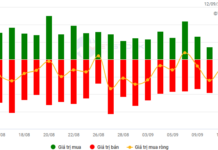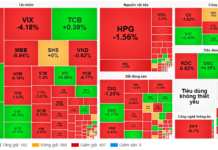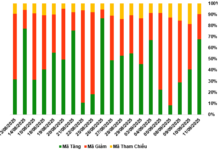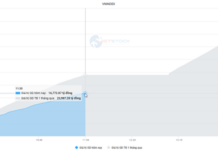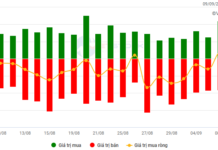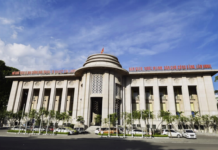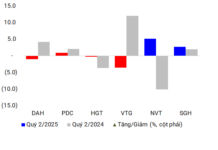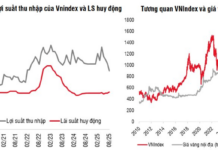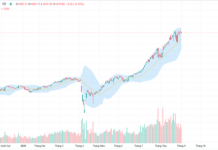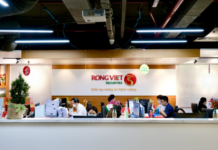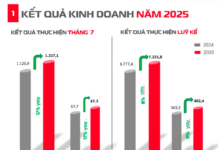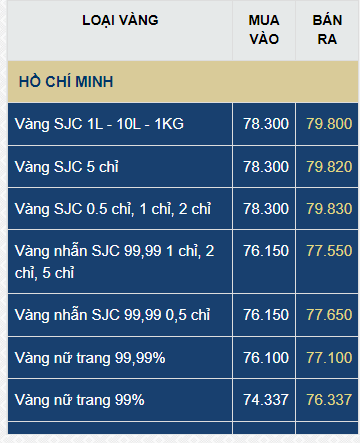Mr. Do Giang Nam, Head of the Debt Treatment Club and a member of the Members’ Council of the Vietnam Asset Management Company (VAMC), pointed out the situation at the seminar “Bad Debt Treatment – Reality and Solutions” held by the Vietnam Banks Association in Ho Chi Minh City on August 2.
The latest update was provided by Mr. Le Trung Kien, Deputy Director of Department 4, the State Bank of Vietnam’s Inspection and Supervision Agency. According to a report by credit institutions, the system’s on-balance sheet bad debt increased by 5.77% at the end of June 2024 compared to the end of last year.
The bad debt ratio stood at 4.56%, higher than the 4.55% at the end of 2023 and 2.03% at the end of 2022. The bad debt of the credit institution system is high and continues to increase, mainly from the group of commercial banks, with SCB being the bank with the largest on-balance sheet bad debt.
According to Mr. Do Giang Nam, the bad debt-to-balance sheet ratio of credit institutions in 2023 was 4.55%, up from 2.03% in 2022, due to negative economic developments in the world and domestic difficulties.
Notably, the bad debt-to-balance sheet ratio for the entire system is controlled below 3%, but bad debt in five banks has exceeded this level. Among them, a few banks have seen a sharp rise in bad debt.

Bad debt is increasing, but banks are facing challenges in the process of debt recovery and collection due to multiple factors.
“Bad debt is increasing, but banks are facing challenges in the process of debt recovery and collection. The real estate market remains sluggish, accounting for about 70% of the total assets securing loans at banks (up to 80-90% at some banks). Many banks have accelerated the liquidation of assets to recover debts, but due to weak liquidity, many large-value real estate properties have had to be discounted multiple times but remain unsold,” said Mr. Do Giang Nam.
Mr. Nguyen Quoc Hung, Secretary-General of the Vietnam Banks Association, also stated that the bad debt treatment process of credit institutions faces obstacles due to customers’ difficulties, inability to repay debts, or even deliberate delays in repayment and non-cooperation in handling secured assets. The procedures, litigation, and enforcement processes are prolonged, resulting in high costs, and the value of secured assets deteriorates. In some cases, customers intentionally create a dispute with a third party, leading to delays and prolonging the enforcement process…
Mr. Nguyen Quoc Hung proposed that the competent authorities should supplement legal provisions to allow credit institutions, as the recipients of collateral for non-performing loans, to seize secured assets. This would expedite the resolution of bad debts. Simultaneously, provisions on the coordination and support mechanism of local authorities and public security agencies for credit institutions in seizing collateral for non-performing loans should be included…

